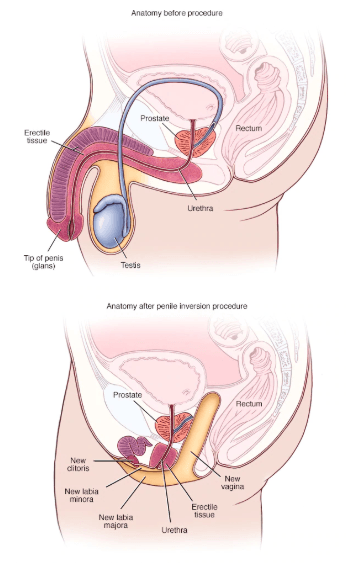What is the recovery time?
If your job is not physically demanding, plan to take time off work for about 4 to 6 weeks after the surgery. Additionally, strenuous work and exercise should be avoided for at least 8 weeks following your surgery. It may take up to one year for your scars to heal completely. However, since everyone’s body is different, the recovery time may vary. Your surgeon will give you a specific timeline of recovery depending on your specific case.

How long will I need to stay in the hospital after my procedure?
You may need to stay in the hospital for three to six days, followed by another 7 to 10 days’ outpatient close supervision. The exact hospital stay depends on your general health before the surgery and if there’s any complication during the procedure.
How long should I expect to stay overseas after my procedure?
After your surgery, you will need to stay overseas for a minimum of 3 weeks. During this time, you will attend follow-up check-ups (outpatient close supervision) for 7 to 10 days where you will be constantly monitored by your surgeon and they will remove your stitches during these check-ups.
What aftercare should I take into consideration?
Your surgeon will give you a set of aftercare instructions that you need to follow. These instructions will cover wound care, diet, exercise, and restrictions. After sex reassignment surgery, it is highly advisable to have proper counseling to help with your emotional wellbeing. We also encourage regular check-ups with your local doctor to make sure that you are updated about your health. Depending on your specific surgery, you may also need to have routine follow-up check-ups with an oncologist for cancer screening.
What’s the success rate like?
Given the rapid advancements of medical technology, the success rate for a male to female sex reassignment surgery is very high. However, since sex reassignment is major and complex surgery, you need to be aware of its side effects and complications before you undergo the procedure. The possible side effects are scarring, decreased sexual sensation, inability to orgasm, and hair growth in the vagina. Furthermore, there are more serious complications to the procedure, such as blood clotting, infection, and severe pain.
Can I still have children after sex reassignment surgery?
If having biological children is part of your goals, you can opt to preserve your fertility. Many individuals who have sex reassignment surgery choose to undergo fertility preservation before their surgery. Talk about all your options with your doctor, such as sperm banking, so you and your doctor can make the best plan for your future family building.
Are there alternatives?
No, there is currently no alternative to sex reassignment surgery. Many individuals who experience gender dysphoria never alter their appearance through surgery. Instead, hormonal pills and creams are used to alter physical appearance. Taking estrogens (female hormones) may help develop the breast, get rid of facial hair, increase voice pitch, and widen the hips.

